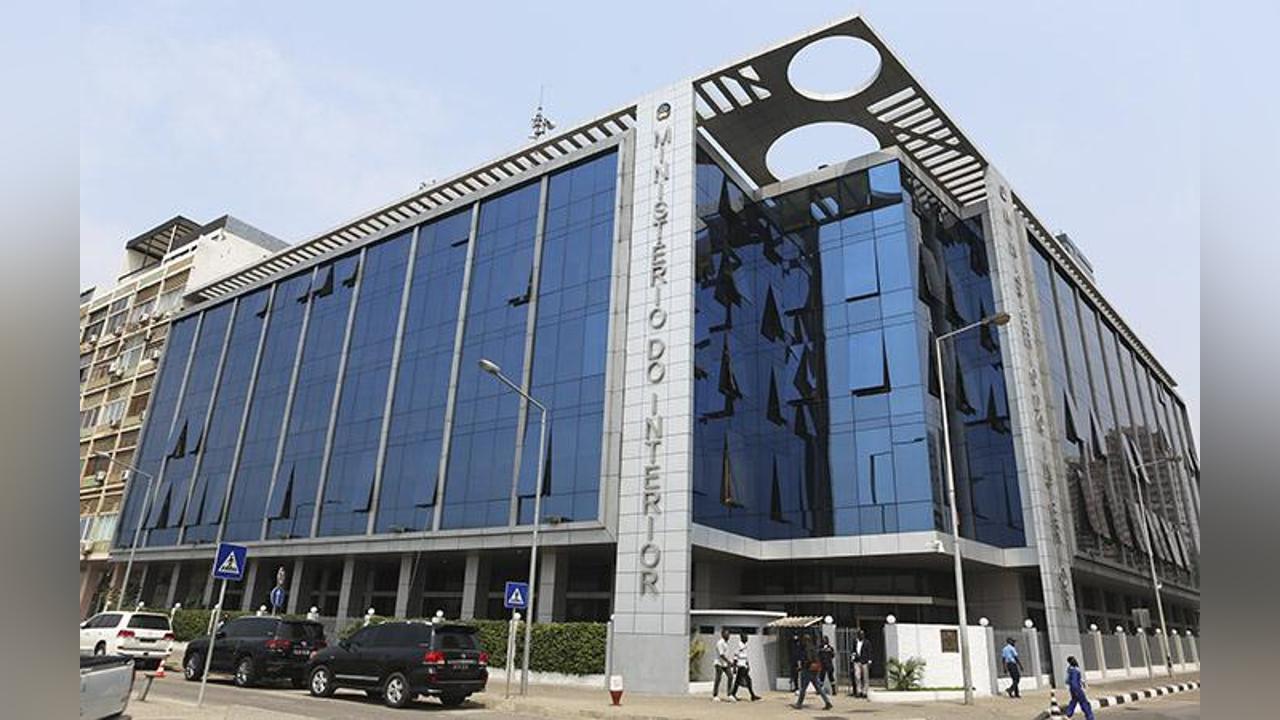Africa-Press – Angola. The Vice-President of the Republic, Esperança da Costa, this Wednesday addressed the operation of the Science Center of the Community for the Development of Southern Africa (SADC) with a delegation from the organisation, headed by minister Maria do Rosário Bragança Sambo.
Speaking to the press, the president of the Council of Ministers of the Southern African Science Center for Climate Change and Adaptive Soil Management (SASSCAL), Maria do Rosário Bragança Sambo, highlighted the financial support to the institution by the German government and the Union European.
Maria do Rosário Bragança Sambo also reported on the holding, in Angola, of the Southern Africa regional workshop within the framework of the Global Monitoring Program for Environment and Security (GMES), which will include the participation of 32 young people, 12 of them Angolans.
The event is an initiative of SASSCAL and the Council for Scientific and Industrial Research (CSIR), with the aim of bringing policy decisions from African leaders and other stakeholders on the continent’s wetlands, environment and water resources management.
For this reason, he considered “important the integration of Angola in multilateral initiatives, within the framework of human and infrastructural training linked to science and technology”.
Maria do Rosário Bragança Sambo added that, with the participation of Angola, the researchers are living up to the financial contribution of the Angolan government in training projects involving students in doctoral programs at a university in Namibia.
The delegation was attended by the coordinator of the Space Program for Global Monitoring of the Environment for Security in Africa, Tidiane Guattara, who is responsible for matters related to space science.
On the occasion, Tidiane Guattara praised the initiative of the Angolan government, for placing science, technology and innovation at the center of its attention.
The GMES and Africa Program is an initiative of the Earth Observation Systems (OT) of the African Union and the European Union, in response to global needs, to manage the environment, understand and mitigate the effects of climate change and ensure civil security and pThe Memorandum of Understanding signed this Wednesday between the Republics of Angola and the Arab Republic of Egypt, in the field of security and public order, will cover all bodies attached to the Ministry of the Interior.
According to the holder of the Interior portfolio, Eugénio Laborinho, the Memorandum is global and will cover the national police, public security, criminal investigation, forensic laboratories, migration and foreign services, penitentiaries and civil protection and firefighters.
The signing of the document was witnessed by the President of the Republic of Angola, João Lourenço, and by his Egyptian counterpart, Abdel Fattah El-Sisi, as part of their visit to the country for a few hours.
Considering it positive, he understands the signing of the memorandum as a diversification of the “package” of existing cooperation agreements between the two countries.
Speaking to the press, after signing the legal instrument by himself, and by the minister of Foreign Affairs of Egypt, Sameh Shoukry, he acknowledged his vast experience in that Arab country, highlighting the areas of public security, combating terrorism and illegal immigration.
Based on one of the paragraphs of the signed memorandum, he referred that Egypt will also share with Angola its experience in the field of mobility, that is, in the area of traffic and road safety.
Angola and Egypt formalized political-diplomatic cooperation relations on March 26, 1987, through the signing, in Luanda, of the General Agreement on Economic, Scientific and Technical Cooperation.
According to information, the two countries are very interested in increasing cooperation in areas such as the Economy, Trade and Industry, Education, Higher Education and Technical-Professional Training, Energy and Water, Banking and Finance, Agriculture and Fisheries.
Angola and Egypt are also engaged in preparing the first session of the Bilateral Commission, which should assess cooperation and establish the process for implementing the legal instruments in force. NE/SC/ADR
rovide information to policy makers, scientists, the private and public sectors.
For More News And Analysis About Angola Follow Africa-Press






